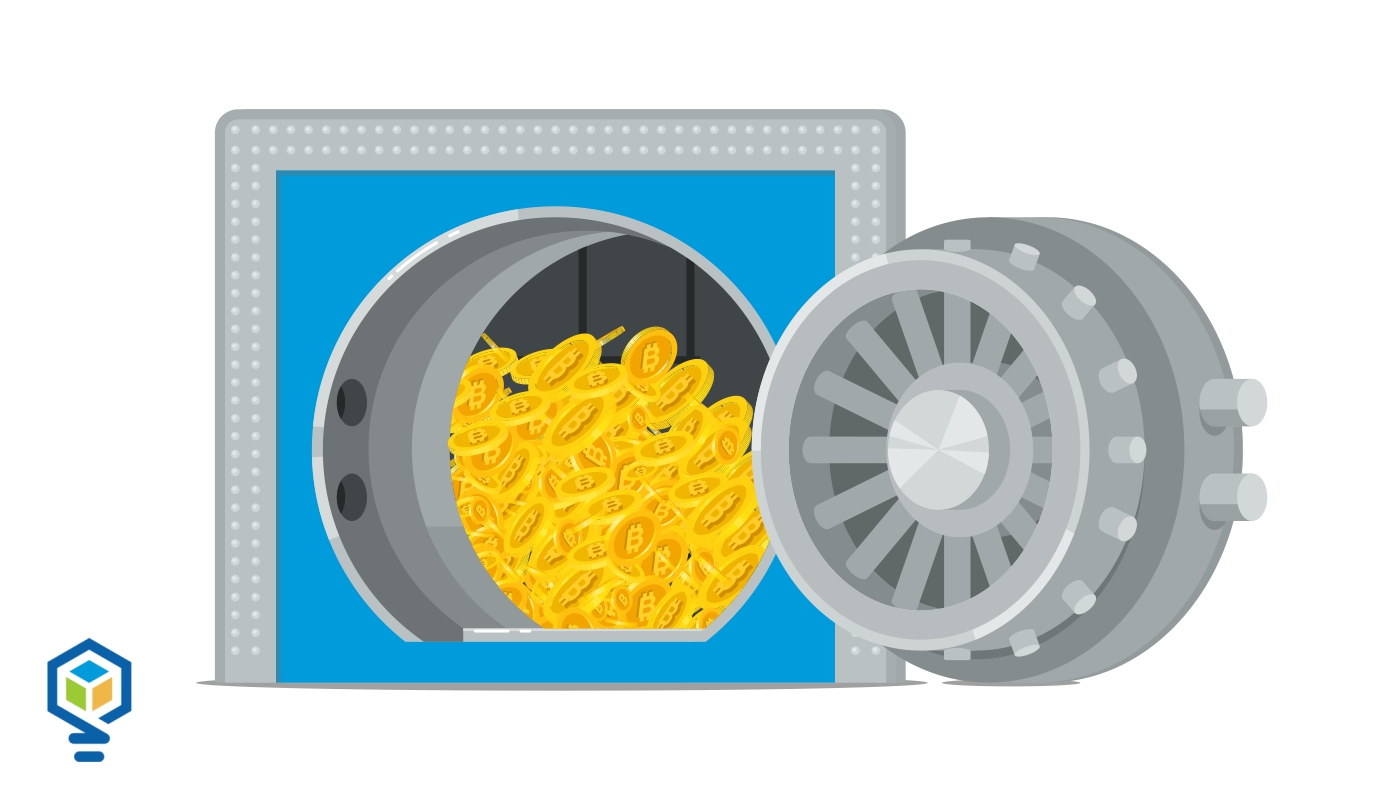
OBBBA Rundown: Provisions Affecting Individuals for 2025
Enacted into law on July 4, 2025, the One Big Beautiful Bill Act is the biggest set of tax law changes since the 2017 Tax Cuts and Jobs Act (TCJA). The provisions discussed in this article impact individual taxpayers for tax year 2025 and must be considered immediately for proactive tax planning purposes, future tax withholding, and estimated tax payment calculations. Clients have questions, and we can generally give them the answers they seek; however, some will require future IRS guidance for complete clarity.











